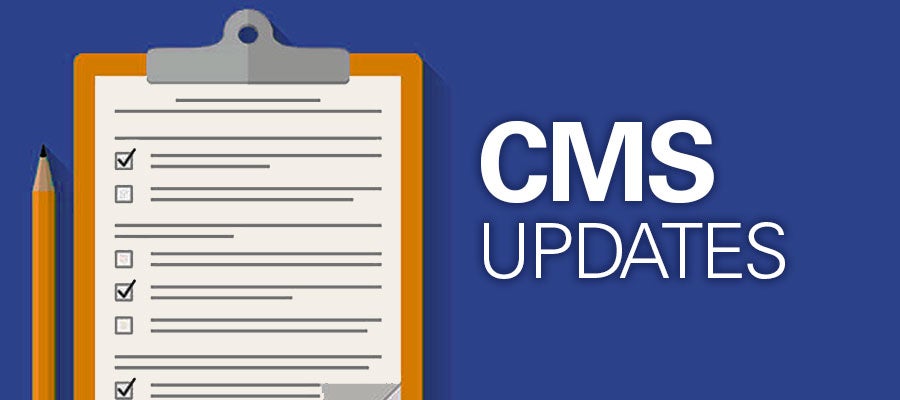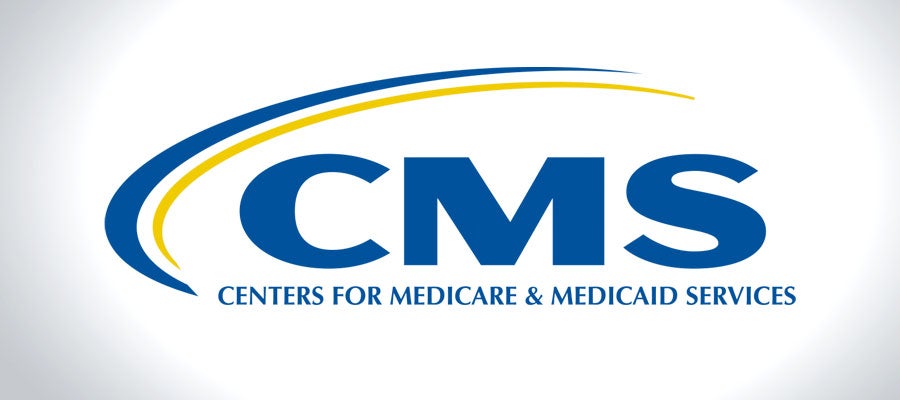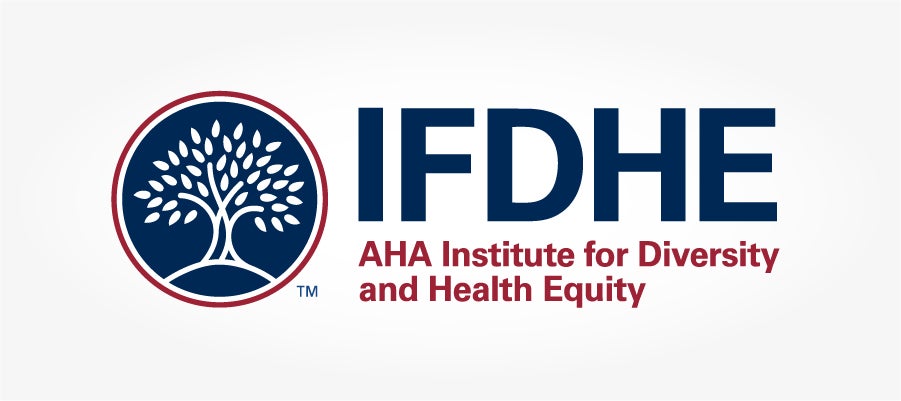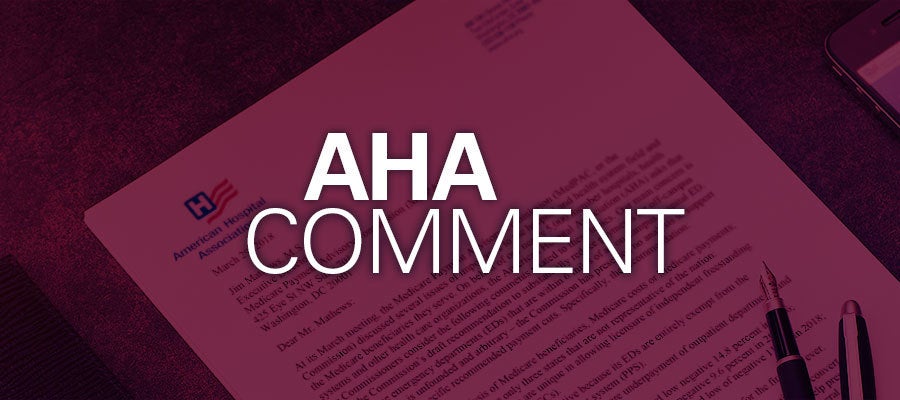
The AHA is accepting applications for its 2022 Dick Davidson NOVA Award through Nov. 19. The award recognizes AHA member hospitals and health systems for their collaborative efforts to create healthier communities through health care, economic or social initiatives.






